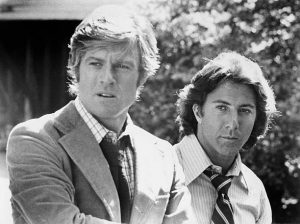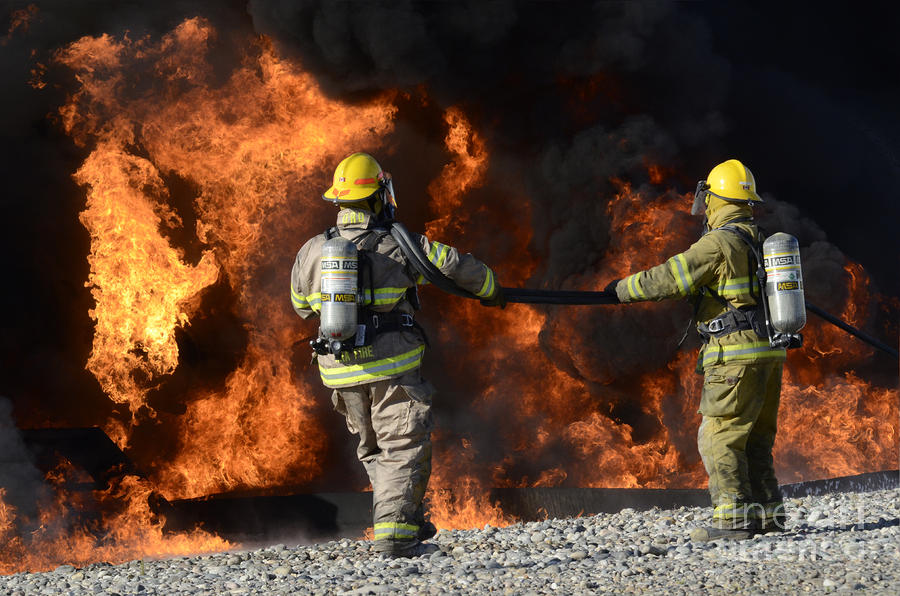What is a Hero?
January 29, 2020
While my physical therapist was massaging my leg, she asked me who I thought heroes were. Before my physical therapy appointment, I always thought people such as firefighters, doctors, police officers, and others with similar occupations were heroes. In their careers, they practice saving lives, so it makes sense to assume they’re heroic figures. However, my physical therapist told me about her opinion and made me reconsider my own: why should they be considered heroes if they’re just doing their jobs well?
She told me about this story of a couple of homeless men that pulled a police officer out of their car after a crash. Are homeless people considered heroes though? Not usually, no, but those were very heroic ones. That being said, one’s occupation should not define their valiance and status of heroism.

I can understand how one might get offended by this statement, but if you think about it, it makes sense. I’m not saying that a firefighter that pulls a woman out of a burning building isn’t a hero, and I’m not saying a soldier that dies in battle isn’t heroic. They are heroic for their actions, not their career choice. Their choices do or don’t display heroism, not their job title.
My physical therapist, for example, helps people to be able to walk again. Is that heroic, or is it just her duty? I’d say it’s just her job, and she’s good at it. Just like a police officer that catches a man stealing a woman’s purse: just good at what he does. Granted, some jobs give workers more of an opportunity to present heroism, but that’s not what it’s about.
It’s about what you do when no one’s looking. Those homeless people weren’t trying to impress anyone, they were being heroic civilians. That’s initiative. To me, a hero is someone whose actions resemble valiance and selflessness, not what their job title makes them out to be.












